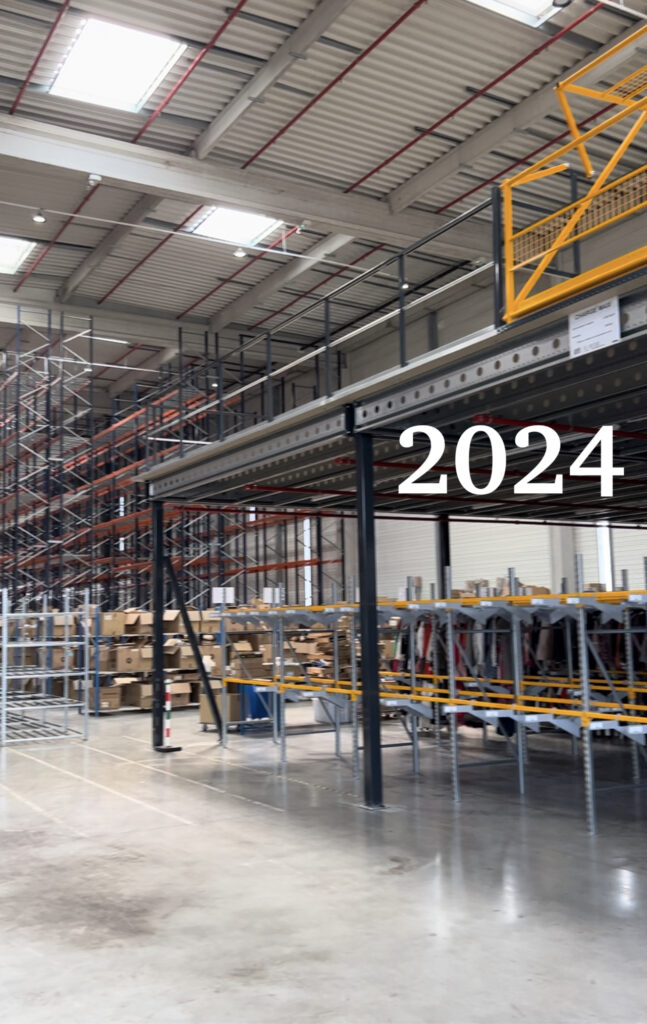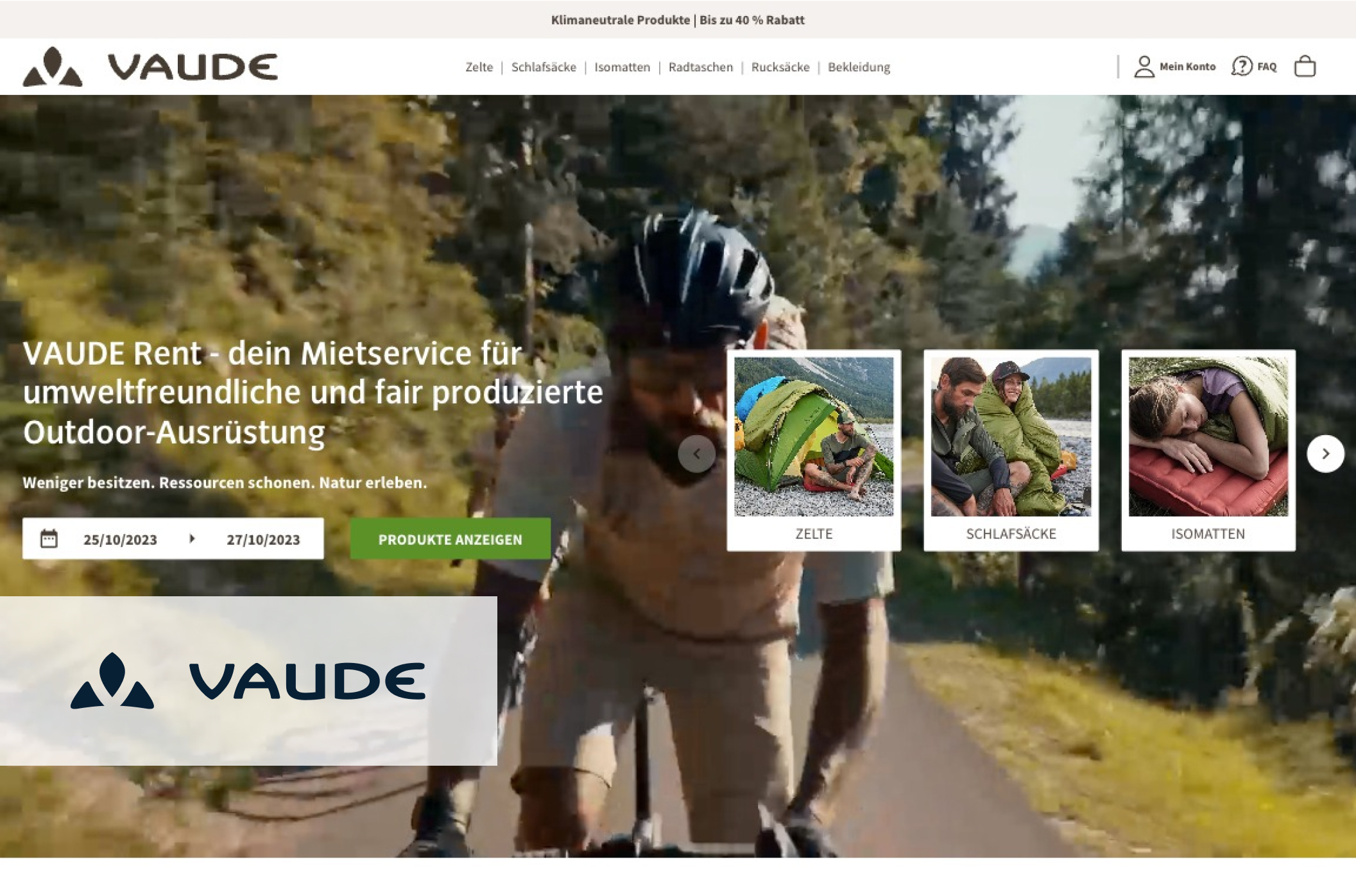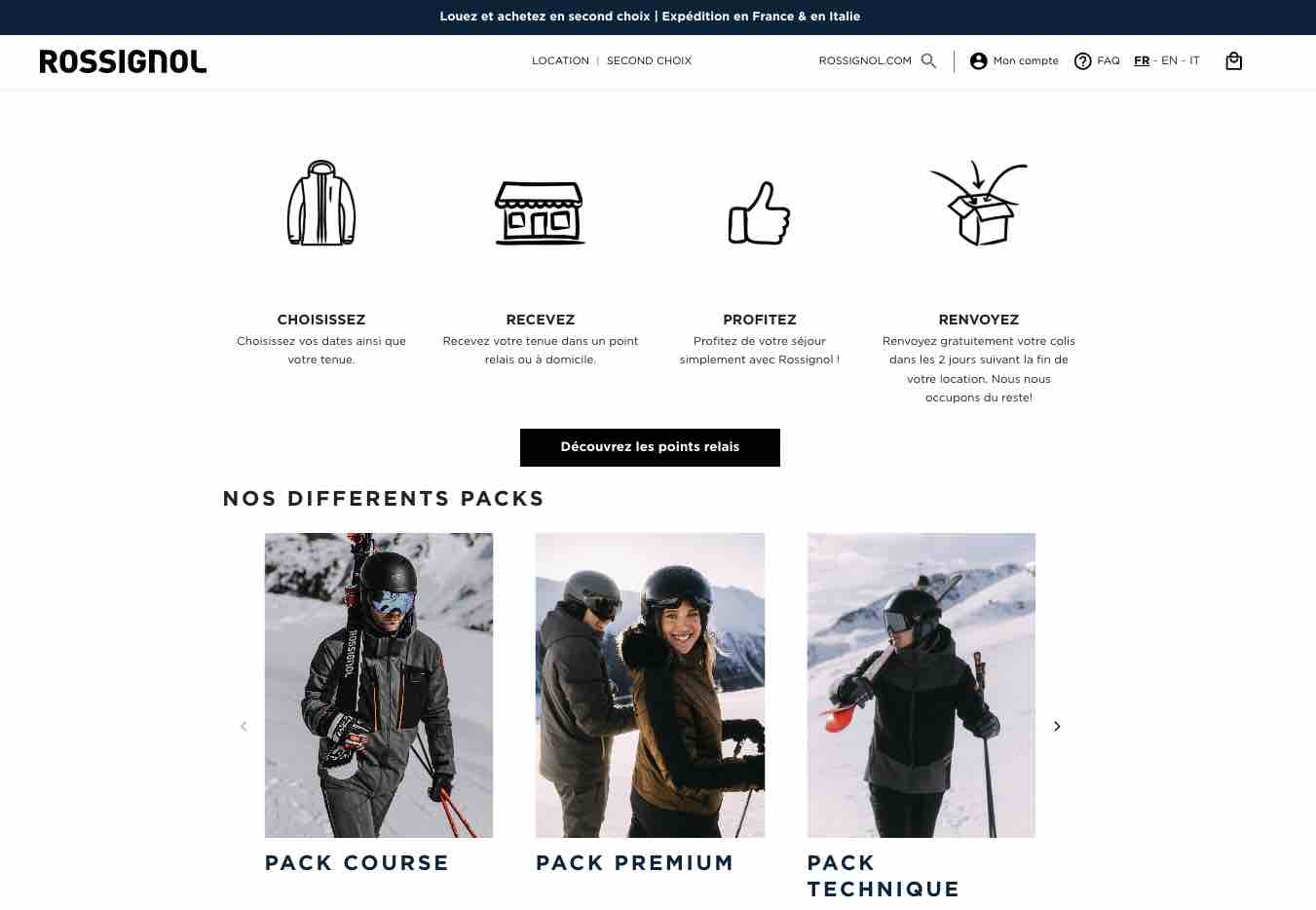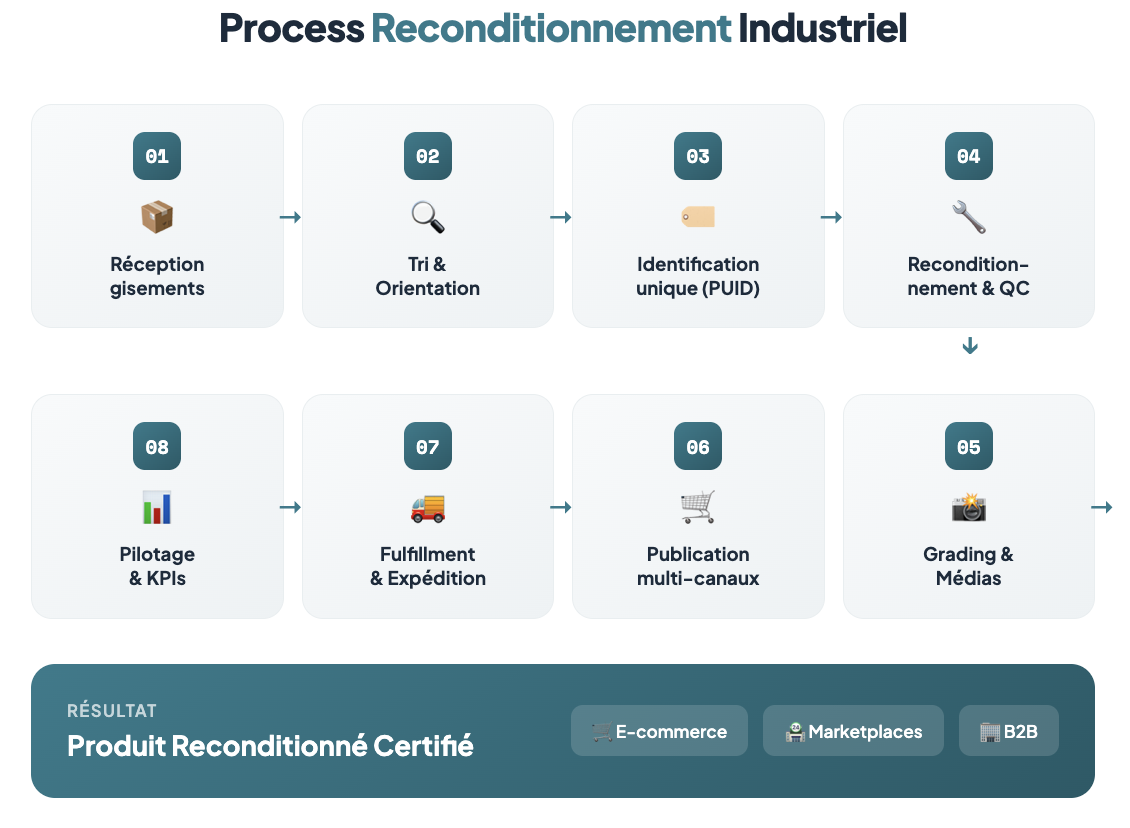L’économie circulaire s’impose comme un modèle économique incontournable pour les entreprises soucieuses de leur impact environnemental et de leur rentabilité à long terme. Au cœur de cette transition se trouve un élément crucial : la logistique.
Comprendre le 4PL
Le 4PL, ou Fourth-Party Logistics, représente une évolution significative dans le domaine de la gestion logistique. Contrairement au 3PL traditionnel, le 4PL offre une approche plus globale et stratégique de la chaîne d’approvisionnement.
Caractéristiques du 4PL :
- Gestion intégrale de la chaîne logistique
- Utilisation de logiciels avancés
- Intégration de systèmes technologiques de pointe
- Conseil stratégique et optimisation continue
Le 4PL dans l’économie circulaire
Dans le contexte de l’économie circulaire, le 4PL joue un rôle crucial. Il permet de gérer efficacement les flux complexes de produits, que ce soit pour la location, le rachat/revente ou la réparation.
Avantages du 4PL pour les projets circulaires
- Flexibilité : Capacité à s’adapter à des opérations complexes et uniques
- Efficacité : Optimisation de l’ensemble de la chaîne logistique
- Visibilité : Meilleure traçabilité des produits dans le cycle
- Innovation : Intégration continue de nouvelles technologies

Mise en œuvre du 4PL
La transition vers un modèle 4PL nécessite une approche stratégique :
- Évaluation des besoins logistiques spécifiques
- Sélection d’un partenaire 4PL expérimenté
- Intégration des systèmes et processus
- Formation et adaptation des équipes
- Suivi et optimisation continue
Le 4PL représente une évolution majeure dans la gestion logistique, particulièrement adaptée aux défis de l’économie circulaire. En offrant une gestion intégrale et technologiquement avancée de la chaîne logistique, il permet aux entreprises d’optimiser leurs opérations circulaires et de contribuer à un avenir plus durable.Pour les entreprises cherchant à mettre en place une solution 4PL dans le cadre de leurs projets d’économie circulaire, Lizee propose la logistique circulaire complète. Ces solutions permettent de lancer et gérer facilement des projets circulaires en interne, tout en bénéficiant d’une expertise logistique pointue.



